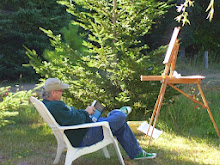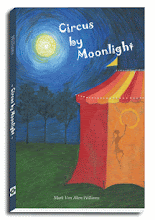 Voltaire's Calligrapher by Pablo de Santis
Voltaire's Calligrapher by Pablo de SantisMy rating: 4 of 5 stars
“Voltaire’s Calligrapher,” is an owlish historical novel, as well as part thriller. It is also a philosophical novel, full of adventure. Dalessius is a twenty year old calligrapher and archivist, who goes to work for the famous Voltaire. Mechanical writing is already on the scene, but the talent of the calligrapher is still needed in a world where invisible and poisonous varieties of ink still have place among enjoyable cat and mouse games, filled with conspiracies, individual manuscripts, libraries, and booksellers. He is raised by an uncle, who makes his living transporting corpses. But once in the services of Voltaire, Dalessius is set out as a spy to look into the case of the suspiciously condemned Jean Calas, but ends up in a web of far greater intrigue between the Dominicans and the Jesuits. At a deeper level, you could say, he finds himself in the middle of the intrinsic struggle between the mephitic remnants of the Dark Ages and its collateral ingredients. The stage is filled with life-like automatons, graveyards, executioners with their ingenious devices, huge homes where it easy to get lost, back alleys, bordellos, henchmen, and poisonous fish. How can you go wrong? The best part—it’s not too long. It is short, amusing, and very, very smart.
View all my reviews








